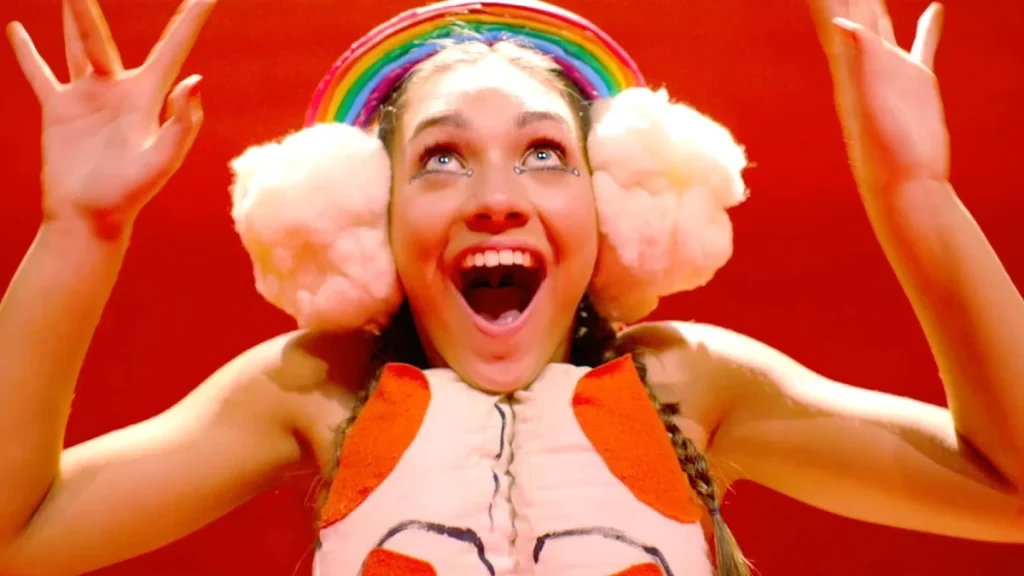Ever notice how a movie can make you cry, jump, or feel giddy even when nothing dramatic is happening on screen? That’s the magic of soundtracks. Those carefully composed scores and background tunes aren’t just there for filler—they’re designed to manipulate your emotions in ways you don’t even realize. Movie soundtracks are basically brain hacks with violins and drums.
Music Sets the Mood
The first thing a soundtrack does is set the mood. A slow piano tune makes you feel sad, a rapid drumbeat makes you anxious, and an upbeat song makes you giddy. Directors and composers know exactly what emotions they want you to feel in a scene and use music as the ultimate guide. You might think you’re reacting to the actors, but really it’s your brain syncing with the music.
Leitmotifs and Character Themes
Many movies use what’s called a leitmotif—a recurring musical theme associated with a character or idea. Think Darth Vader’s ominous Imperial March. Every time that tune plays, your brain instantly connects it to the character or emotion. Even subtle shifts in the theme can trick your feelings without you realizing it. It’s like your emotional antenna is tuned to music, not dialogue.
Crescendos and Surprise Moments
Composers are masters at using crescendos and unexpected shifts to manipulate tension. One minute it’s calm, the next, BAM, your heart is racing. Think of a horror movie when you’re totally relaxed and then a sudden violin screech makes you jump. That’s not coincidence, that’s science. Soundtracks are basically emotional rollercoasters disguised as art.
Silence is a Weapon
It’s not just music that affects you—silence does too. Moments of quiet in a scene can heighten suspense, emphasize drama, or make you feel utterly alone with the characters. Some of the most intense movie moments happen when the soundtrack stops entirely, and your brain fills in the tension. Directors love using silence like a secret weapon to control your feelings.
Emotional Manipulation Made Easy
Ever laugh during a sad scene or feel thrilled when nothing particularly exciting is happening? That’s soundtrack magic. The right combination of tempo, instrumentation, and rhythm can trick your brain into feeling emotions you wouldn’t normally experience. Soundtracks are basically emotional puppeteers, and you’re the puppet, happily unaware.
Nostalgia and Pop Songs
Movies also use popular songs to trigger nostalgia. A well-placed track from your teenage years can flood you with memories and emotions instantly. That’s why certain soundtracks stay with us long after the credits roll. You don’t just remember the movie—you remember the way it made you feel, often because of the music.
Why It Matters
Movie soundtracks are more than background noise—they’re essential storytelling tools. They control tension, amplify emotions, and create unforgettable cinematic experiences. The next time you find yourself crying in a theater or smiling at a scene that isn’t even that funny, check the soundtrack. Odds are, your feelings were carefully orchestrated by some genius composer.
Soundtracks are the invisible heroes of filmmaking, subtly steering your emotions, sometimes without you even realizing it. They make movies memorable, emotional, and downright addictive. So the next time a movie hits you right in the feels, thank the music—it’s doing way more work than the actors realize.


